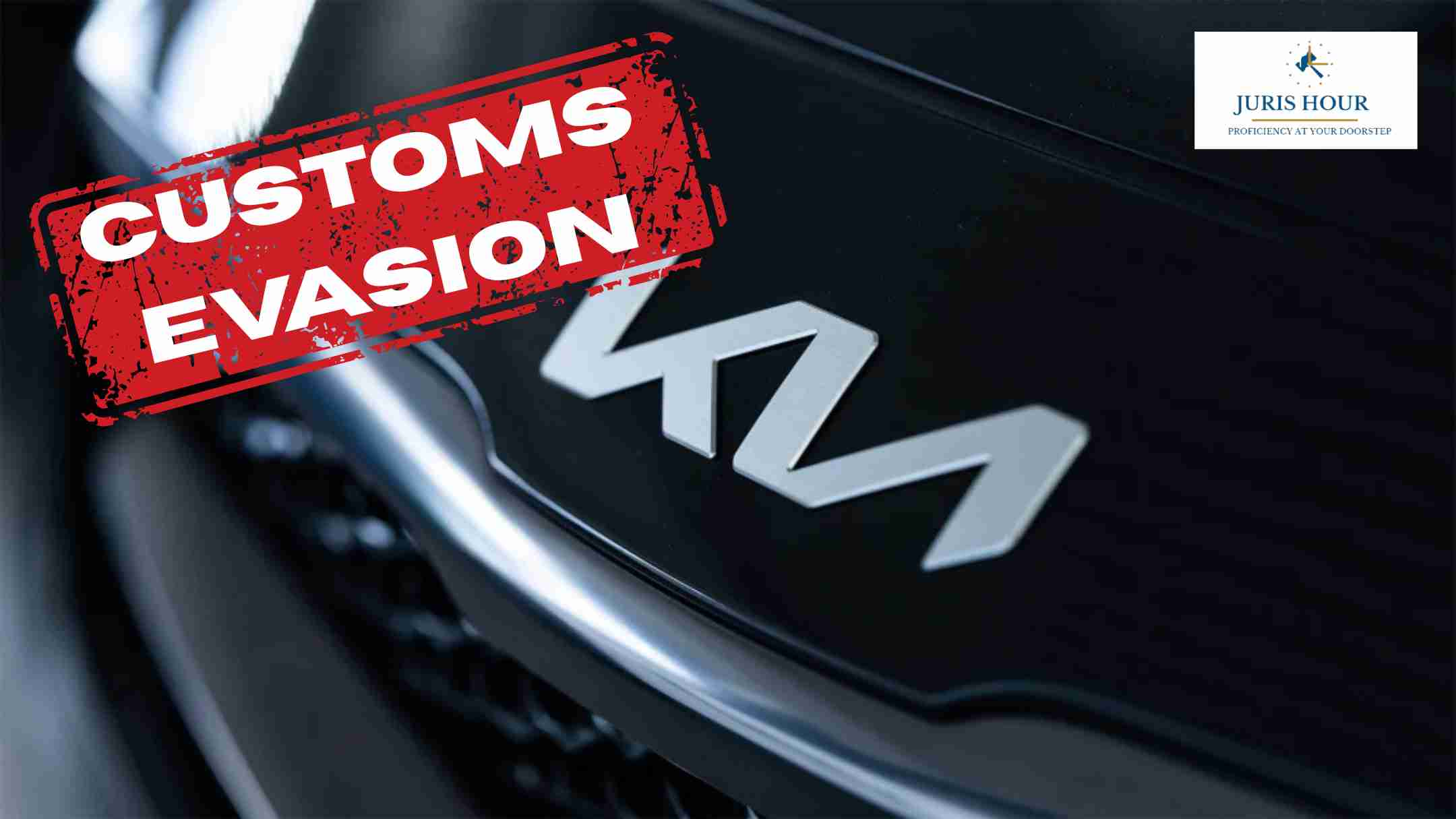Kia India Held Guilty By Chennai Customs Of Evasion Over Misclassified CKD Units -Volkswagen Similarity

Kia India Held Guilty By Chennai Customs Of Evasion Over Misclassified CKD Units -Volkswagen Similarity
Customs Commissioner Chennai-II (Imports) is learnt to have recently adjudicated that Kia India Pvt. Ltd. misclassified Completely Knocked Down (CKD) units of its "Carnival" model as individual car parts, leading to a substantial short payment in customs duty payments.
Earlier, investigation conducted by DRI-AZU, indicated Kia India imported full car kits in a disassembled form but classified them as spare parts to avail lower duty rates. During the probe, Kia made a voluntary payment of Rs. 278 crores when confronted with evidence that the company had been importing essential components, such as engines, transmissions, and body panels, in pre-assembled form while declaring them as individual parts under different customs tariff codes.
Reportedly, for "CARNIVAL" model, KIA scheduled to localize parts in stages. At first, they imported parts in CKD form. However, full localization was not achieved as envisaged, and most parts continued to be imported.
Investigations revealed that Kia was importing the "Carnival" model in separate shipments through different ports. However, these shipments allegedly comprised all essential parts, including the engine, gearbox, and transmission, in CKD form. The misdeclaration appeared to be an attempt to reduce customs duty by avoiding the higher tax applicable to fully assembled CKD cars.
Investigations reportedly extended to domestic vendors, with data analysis revealing that while some minor parts for the "Carnival" were locally manufactured, most key components were imported from Korea.
For instance, suppliers such as Korea Fuel Tech India Pvt. Ltd. (Filler Neck Complete), NVH India Anantapur Auto Parts Pvt. Ltd. (Carpet Assembly), and Seoyon E-Hwa Summit Automotive Anantapur Pvt. Ltd. (Various Covers & Mouldings) predominantly sourced their materials from their Korean parent companies. This suggested that Kia Corporation, Korea, might be controlling pricing and supply chains in India as well. Though these parts were not essential, they reportedly appeared in local procurement records to inflate domestic sourcing. Even suppliers like Mobis India Ltd., which claimed local assembly, were found to source nearly all their components from Korea. This routing strategy seemingly aimed at avoiding customs duty while creating an impression of local procurement.
The probe also examined Kia India's financial statements. It was reportedly found that the "Impairment" section in the notes forming part of the financial statements for the year ended March 31, 2021, referred to the company testing for impairment of its CKD division, which qualifies as a separate cash-generating unit (CGU) due to dampened demand in the segment.
Most of Kia India’s bills of entry were reportedly being provisionally assessed at various ports, including Chennai, Katupalli, Ennor, and Bangalore Air Cargo. The assessments were based on supplies from Kia Corporation, Korea, and Hyundai Glovis, Korea, with information reportedly provided by Senior Manager Mr. C. Dhanasekar. Lee Sang Hwa, the Chief Procurement Officer, who was allegedly aware of the matter, was summoned for questioning.
Authorities alleged that Kia India paid a lower duty of 15% on certain parts instead of the 30% duty applicable to CKD units. Investigators cited Harmonized System of Nomenclature (HSN) classification rules, which mandate that a vehicle imported in unassembled form but with all essential components must be classified as a complete motor vehicle.
The DRI reportedly scrutinized financial statements, customs invoices, and procurement records, uncovering a complex network of imports from Korea through multiple Indian ports. Official Kia sales reports allegedly listed the "Carnival" model as "CKD" for the Indian market, further supporting the claim that the company was bringing in fully disassembled cars rather than individual parts.
The Customs adjudication has demanded duty with fines and backdated duty payments for Kia India.
Kia India has not yet issued an official statement regarding is development. However, sources indicate that the company may contest the classification dispute, arguing that its imports comply with the Preferential Trade Agreement with Korea.
This case marks a significant crackdown by Indian authorities on customs duty evasion in the automobile sector and could set a precedent for future import classification disputes.
Further, this related-party transaction may also involve royalty payments, which could impact the valuation of imported goods. If Kia India is paying royalties to Kia Korea, it needs to be examined whether these payments should be included in the assessable value of imports as per customs valuation rules.
DRI investigations were conducted by Samir Bajaj, then ADG and his team consisting of K. Padmavathy-ADD, Nalin Bilochan-ADD, Shaji Mathew-AD, Rajesh Parnami-SIO, Vijay Kumar-IO.
Stay Tuned for more updates.
Read More: Baggage Rules Every Tourist Must Know Before Entering India: A Complete Guide


